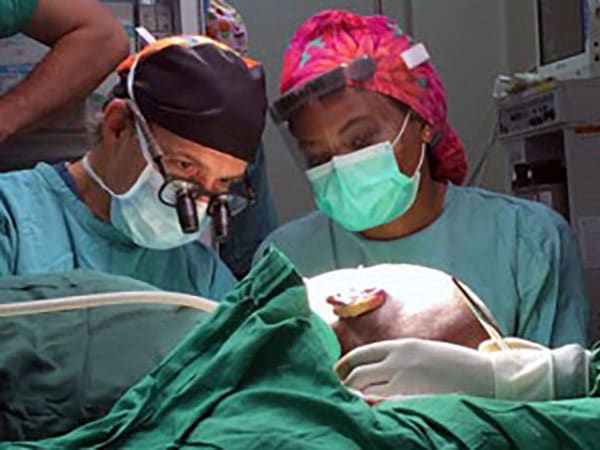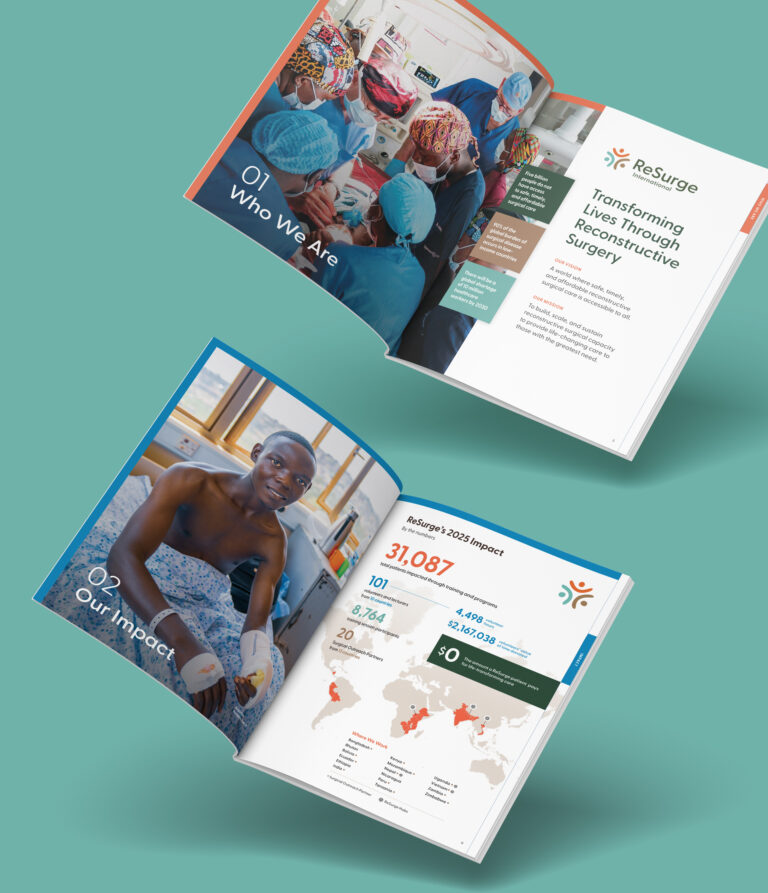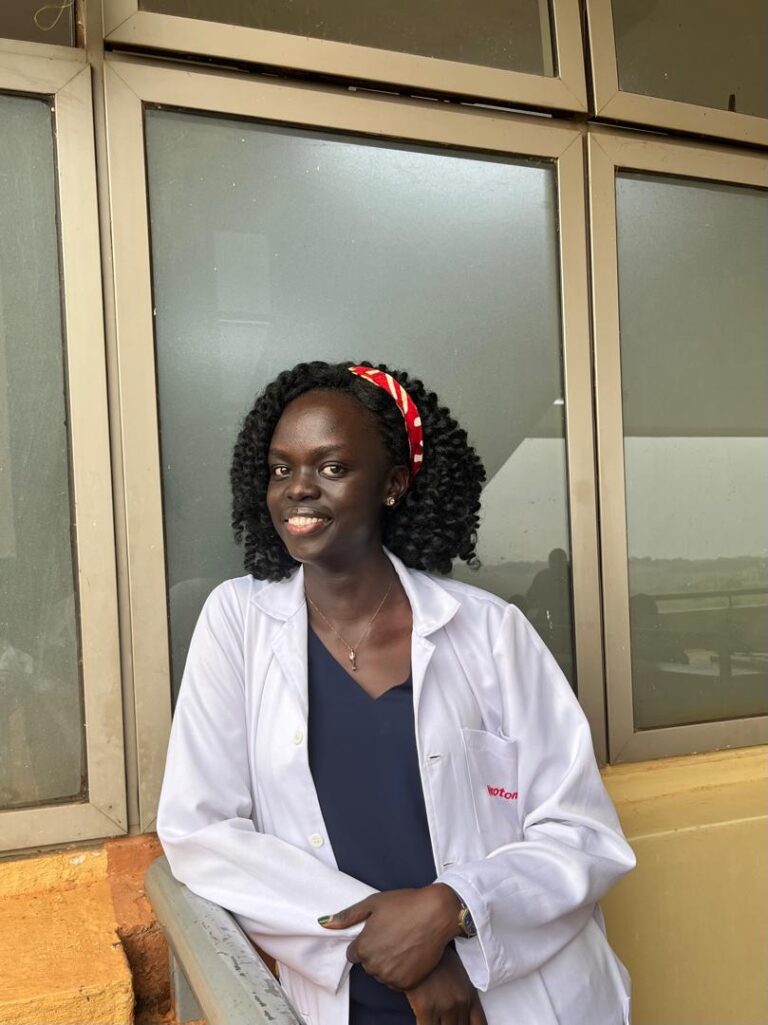In late August 2016, a visiting educator team made ReSurge’s inaugural visit to Mozambique, as part of a joint trip with partner organization Mending Kids.
Mozambique, in southeastern Africa, has for a decade been one of the fastest-growing countries in Africa, posting average annual growth rates of 6-8%. Despite this growth, it remains extremely poor, with approximately 52% of the population below the poverty line. (Source: CIA World Factbook)
As the economy has developed, the government has put in place strategic priorities for cooperation with the World Health Organization, one of which is “strengthening health systems”, with a particular focus area being [health] workforce education. (Source: World Health Organization) ReSurge’s visiting educator programs are therefore a strong complement to national health policy in Mozambique.
Hospital Central de Maputo, our site in the capital city of Maputo, has just two attending plastic surgeons who oversee a plastic surgery unit of forty-two beds.
ReSurge trainers included nurse educator Katie Osborn, occupational therapist Pam Silverman, and plastic surgeon Mannish Champaneria. The trip offered training to seven nurses, one physical therapist, two plastic surgeons and one plastic surgery resident.
The physician team used the Level 1-IV milestones to train and assess the local surgeons on lip and nasal reconstruction, eyelid and ptosis reconstruction, syndactyly reconstruction, lower extremity burn reconstruction, face and neck burn reconstruction, upper extremity burn reconstruction, and early burn management.
Due to a severe nursing shortage, there are just three to four nurses per shift, so much of the nursing education was done through side-by-side, hands-on care of actual patients, with the ReSurge team demonstrating a skill on a patient and the local nurses practicing the skill on the next patient. Nurses also received lecture materials, which they reviewed on their own. Topics covered included burn injury evaluation, burn injury management during the emergency period, burn wound care, and burn injury management during the rehabilitative period. The team recommended further training in preventing contractures, debriding wounds, and pain management.
According to nurse educator Katie Osborn, “Overall much was accomplished on this trip. [We] coordinated 13 surgeries, all of which went well. I taught the nurses 5-6 hours every day and clearly was able to see a difference in their skill level. Pam worked with the local therapist, and he learned a great deal from her. We changed dressings, managed the care of 25-30 patients each day, and could see a big difference in their wound healing, range of motion, contracture prevention, and overall attitude.”





